Dissolve Stress!
Stressed? See how James uses a simple breathing technique to relieve stress.
Start Browsing
Start browsing
< Wait, I have a password

to your account
 Facebook
Facebook
< Wait, I don't have a profile yet
Reset Password >
to save your details
 Facebook
Facebook
< Wait, I already have a profile

Start browsing
< Wait, I have a password


Always read the question carefully and highlight the question word so that you know the information that you are listening for. Use any visuals to help you to predict what you might hear. By trying to anticipate the answer and note down possible words to listen for, we can give ourselves a head start in the exam as when we hear these words we can hone in on the surrounding content.
We also need to check numbers, dates and times very carefully. It’s very difficult to simply hear something and immediately write it down. Take your time listen back and make sure the specifics are right not just writing down a rough estimate of what you think it may be.
In the Listening test, it is very tempting to just essentially copy down exactly what we have heard and not think how it would actually apply. Make sure we listen out for key words but also answer exactly what the question is answer. Its excellent to translate words but if they aren’t going to help us to answer the question there is no point in writing those words down!
In the Reading examination, read the questions before the passage. Some words look like English words. As a result of this it pays to think logically in both the reading and listening papers. There may be occasions when we read a word and we don’t know what it is. But by simply thinking about the content we are reading, looking at the surrounding words and thinking to ourselves, what words fits? And what does this word resemble in the English language? We will be able to save ourselves 2 or 3 marks which can make all the difference down the line.
Examiners will also test our knowledge of synonyms and related families of words. Susanne aime bien lire may become Susanne adore la lecture. This is a test of our extended knowledge as well. In essence the examiner is trying to put us under pressure in this instance. A good way to ensure that we know synonyms and families of nouns and verbs is by making a list of synonyms, near-synonyms and word families and learn them carefully: e.g. le voyage = le trajet. This will cover our backs in the exams and again gain us an extra 2 or 3 marks in the exam.
In the Speaking examination, there are two forms of tests.
Firstly, role-play tasks. Remember that our listening skills will also be tested here. In the role-play there is a huge temptation to show the examiner the extensive knowledge you have of the language and this invariably results in students getting themselves confused and completely ruining their sentence structures. If we keep it simple sticking to what we know then we will still gain the top marks easily. Listen to what the examiner is asking and give the relevant answer and listen out for the opportunity to show the extra bits of vocab you have learn don’t throw everything at the examiner from the outset.
In the conversation we will be able to discuss matters of personal or topical interest. However we must also be able to justify opinions and discuss facts. We also need to make sure we use present, past and future tenses. This is the time to use as many complicated structures as possible. We also need to use a variety of verbs each time. I would aim to try and use at least ten different verbs. Mixing up all of these, tenses, verbs, sentence structures and vocab will be the key to getting the top marks. When you practice a sentence at home do it all tenses not just one so you develop our ability to chop and change and not just be one dimensional.
Finally remember to speak clearly and to pronounce the words as well as you can. Not everyone can make themselves sound like a stereotypical French waiter but focus on the pronunciation of words over the accent. Most people try to sound as “French” as they can but there aren’t any marks for impressions, the key focus is on the pronunciation of words even if we sound like Del-Boy!
In the Writing tests we will be able to use and extend a great deal of the material prepared for the speaking examination. We must be able to write accurately and structure our work logically/coherently.
It is also important to remember that at least 20% of the marks are allocated to knowledge and accurate application of grammar. Therefore, we need to put an emphasis on using appropriate structures and on achieving a high degree of accuracy.
Verbs are key and essential to a good writing exam paper. We need to revise these like we would revise our Maths times tables so that they roll of the tongue in the exam and become second nature to us. Stick them up around your house in different colours, in weird places. Make Them Stand Out!
It is important to spell accurately. If you are in any doubt about the spelling of a word, leave it out and find another way of expressing the idea. However once we have the words we are going to use then make sure you are aware of whether or not there are accents or anything else that we need to be wary of when using that word. An examiner can find it extremely frustrating if a student is completely clueless on where accents go. This can lose us 1 or 2 marks overall over something really simple if we just be vigilant in whether they are present or not in the word.
 -
-